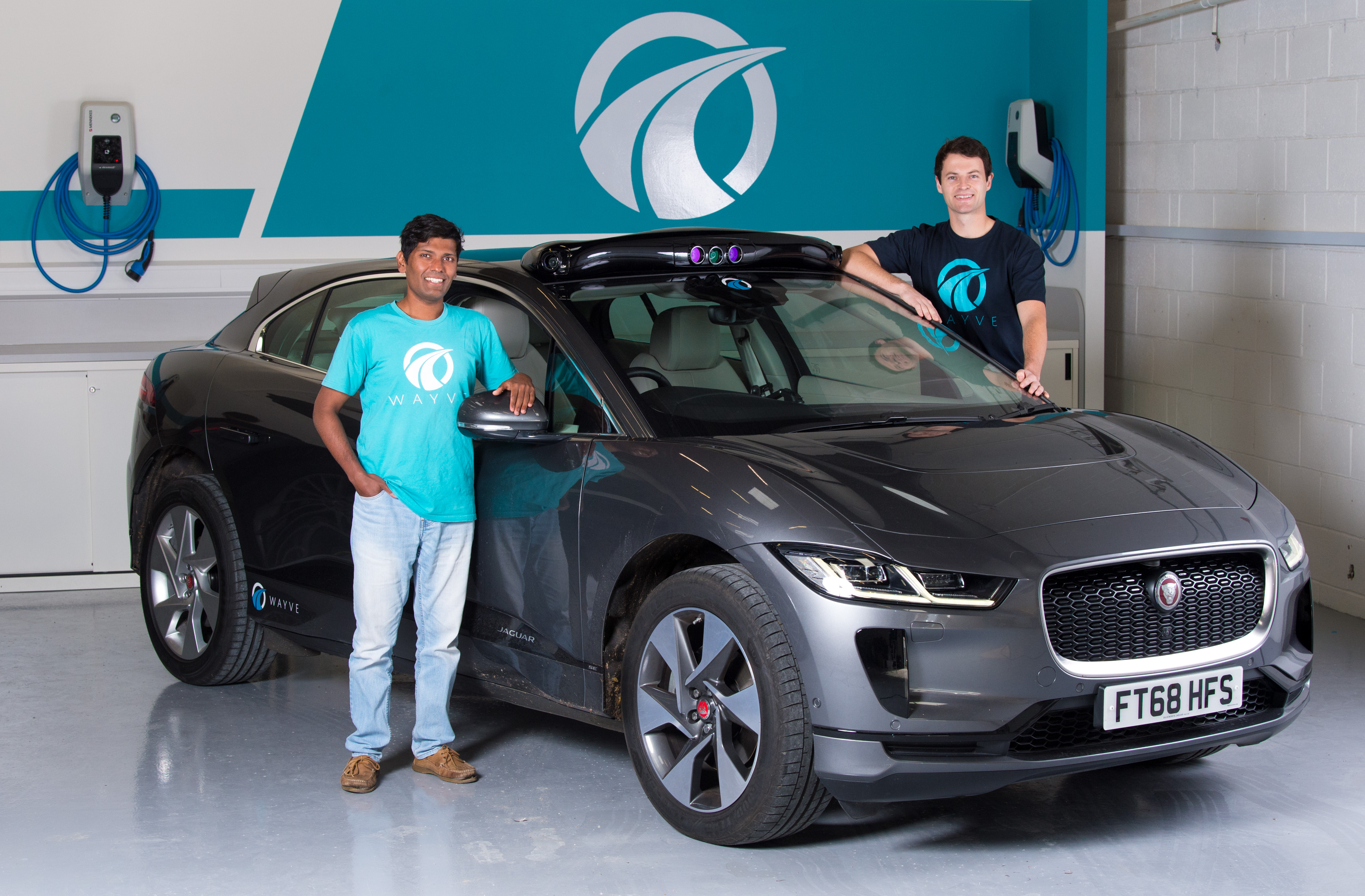The Future of AI: From Autonomous Vehicles to Carbon Reduction Solutions
Residents of California have witnessed extensive testing of self-driving cars, which have accumulated millions of miles on public roads. Despite facing challenges, the advancement of autonomous driving technology is expected to accelerate in the UK as well.
The UK government anticipates that the self-driving technology sector could reach a value of up to £42 billion by 2035, potentially generating 38,000 skilled jobs in the process.
AI’s potential extends beyond vehicular technology, particularly in the domain of smart cities. This concept, which utilizes an abundance of data generated in urban settings to enhance city living, was popularized when IBM explored this possibility in 2008.
AI could significantly enhance smart cities, improving water supply management, waste disposal, energy efficiency, and minimizing traffic congestion and environmental pollution.
This article is part of a series focusing on the leading AI firms in the UK, showcasing innovations in autonomous vehicles, carbon capture, and smart building technologies.

Wayve
In May, Wayve raised over £800 million in a funding round led by Japan’s SoftBank, marking the largest AI fundraising in the UK and placing it among the top 20 globally at that time. Established in a garage in 2017 by Cambridge PhDs Alex Kendall and Amar Shah, the startup envisions its technology being applicable to various sectors beyond self-driving cars, such as robotics for warehouses and humanoid applications.
Wayve confronts specific challenges, such as dealing with “edge cases”—rare scenarios that human drivers can navigate instinctively, but which may confuse AI systems. The company’s innovative “end-to-end” approach relies on teaching software from the ground up, as opposed to following rigid human-created driving rules. This system is crucial for AI to generalize across diverse real-world situations.
Kendall describes their technology as possessing “general-purpose driving intelligence, independent of specific vehicles or domains.”
Oxa
Originating from Oxford University, Oxa was co-founded in 2014 by Paul Newman and Ingmar Posner, who previously developed the RobotCar project, the first autonomous vehicle on UK roads. Oxa employs complex robotics models integrated with AI technology.
While the spotlight has often shone on robo-taxis or personal vehicles, Oxa is also focusing on the implementation of autonomous solutions for goods delivery, responding to the pressing issues in supply chains exacerbated by inflation and labor shortages.
CEO Gavin Jackson states, “We aim to enhance the movement of goods across the globe in a reliable manner by complementing human efforts with AI-driven vehicles.” The company is also collaborating with industries such as logistics and agriculture. For instance, Oxa’s software powers electric autonomous shuttles in California’s retirement communities and is in development for grocery deliveries with Ocado.

Infogrid
Founded in 2018 by former British Army officer William Cowell de Gruchy, Infogrid specializes in collecting and analyzing building data, including air quality, occupancy, and energy usage. This data is crucial for property managers aiming to optimize building performance and minimize operating costs.
In April, Kate Henningsen, a co-founder of a climate tech firm, took over as CEO. While the concept of connected buildings is established, the lengthy commercial property sales cycles can complicate AI solutions adoption. Henningsen points out that real estate decisions often occur over decades, making it difficult to introduce new ideas.
However, the pressing challenges posed by inflation and the climate crisis are trending managers towards adopting sustainability-focused strategies. Henningsen emphasizes the need for advanced software and AI solutions to meet future operational demands.
Sylvera
Founded in 2020 by Allister Furey and Sam Gill, Sylvera utilizes AI to assess carbon capture initiatives, which involve investing in projects like forests for carbon offsetting. With growing skepticism surrounding the efficacy of these projects, Sylvera aims to improve verification processes through AI methodologies.
The company grapples with data scarcity, a common hurdle for AI ventures known as the “garbage in, garbage out” problem. Furey highlights difficulties related to insufficient and often flawed data regarding forests and soils.
By harnessing satellite imagery and laser biomass measurements, Sylvera precisely quantifies forest vegetation, ensuring data reliability for investors keen on sustainable assets.
Vortexa
Founded in 2016, Vortexa leverages AI to deliver accurate insights into the energy freight market, forecasting tanker movements with precision. By standardizing and analyzing vast freight data, Vortexa enhances market efficiency, aiming to ultimately reduce global energy costs.
The company is committed to addressing the lack of standardization in industry data, which has previously necessitated extensive manual data transcription. Vortexa employs generative AI techniques to extract and interpret data, navigating challenges posed by model inaccuracies or “hallucinations.”
To tackle forecasting complexities, the company estimates the likelihood of each potential outcome, honing in on the most probable scenario while discarding implausible forecasts.




Post Comment